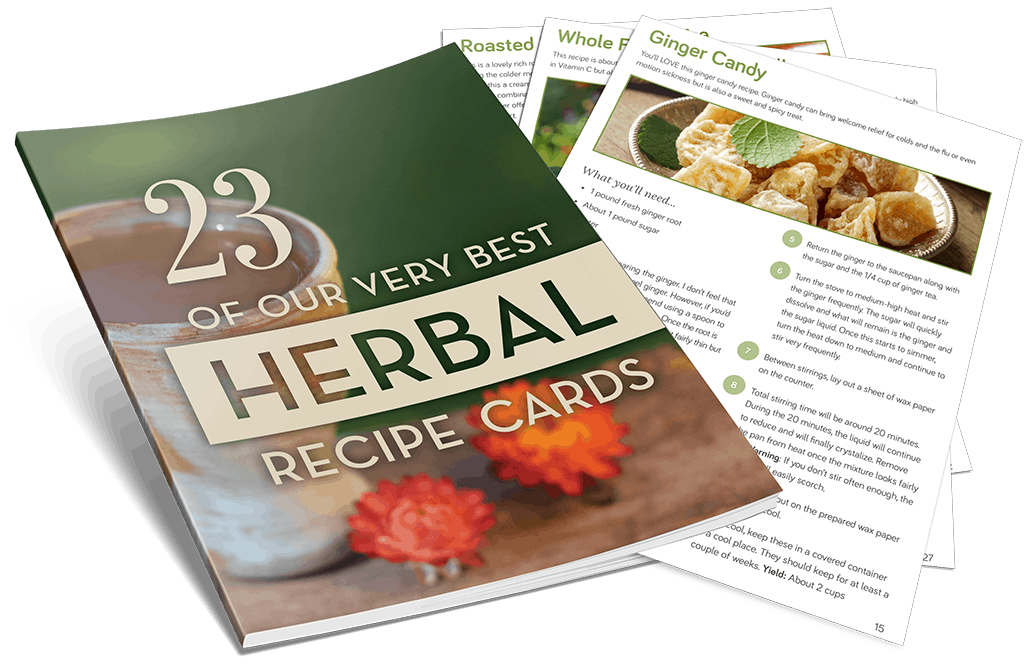Your furry friends deserve some herbal love, too, don’t they? The good news is, when it comes to herbs for animals, they can use just about every herb you can use. Almost all our household friends, from dogs to rats, are mammals (sorry, snake lovers), so they have metabolisms that, all things considered, are pretty much the same as ours, with a few exceptions.
Your pet rat might not go viral in a video hauling a giant piece of New York pizza down the street, but he probably wouldn’t turn it down for lunch, either. Since we are all quite similar at the metabolic level, Rover, Fluffy and their human pals can share herbal remedies, most of the time.
First, let’s talk about which companion animals to include when we’re working with herbs for animals.
Cats are pure carnivores, so they are the least set up to digest plant material. They have a short, hot digestive tract that does not do well with starchy plant material. When they can benefit, they do better with liquids, including teas.
Dogs are omnivores, and often respond well to plant medicines.
Horses are true herbivores, and respond quite readily to herbal remedies, albeit at huge doses. They have one Earthly mission—to digest plants.
Herbs for Animals: Choosing Herbal Preparations
Getting herbal remedies into Spot and Felix is going to be a chore. When we’re working with herbs for animals, we have to get creative. Limited amounts of tinctures can go into their water supply, but their sniffers get picky if the water dish smells like the bar down the street. Tea in the water dish is similar, but can work OK for the lesser feline divas. After all they have to drink something, and you control the drink supply.
Powdered herbs? Mush them into the food. A kitty has to eat sometime, so you can win the battle of wills with a little patience. But give them a break and make it their favorite tasty food, OK?
Tasty treat pouches, called something along the lines of “pill pockets” are available. Fill the tiny edible pouch with a capsule or powder, toss it to Fido, and he will have wolfed it down before he realizes you hoodwinked him. And, amazingly, this trick works every day, as if he never catches on.
If necessity calls, you can insert a capsule right down you buddy’s throat with you finger. Make sure to push it past the throat closure, or you’ll see it on the carpet momentarily.
Horses will often swallow herbs mixed in with their wet feed. Expect a scornful, baleful look from those big, deep eyes, though. They are masters of the guilty stare-down.
How to Calculate Dosage
When working with herbs for animals, doses are the same as human doses, based on the weight of the animal. The official human weighs 150 pounds, so a 15 pound pooch takes 10% of the human dose, and a 1,500 pound steed gets ten times the human portion.
Herbal Remedies for Anxiety
Anxiety is a tough one for many dogs. They are pack animals, and when the alpha leaves the cave they get a little concerned. You know you are coming back, but Bosco has a hard time believing it.
Skullcap, valerian, rosemary and rue all work well. Start with a small dose and work up to the effective level. When you open the door after work, and the garbage is not in shreds for the first time, you’ve dialed in the remedy.
No need to knock Lassie out (she sleeps 25 hours a day, anyway), but just take the edge off. Consider a Nanny cam to record her day, so you can see the effect and perfect the treatment.
Herbal Remedies for Arthritis
As our pooches age, arthritis is a frequent visitor. Use turmeric, rosemary, parsley nettle and feverfew. Boswellia gum, or its extract, often standardized to boswellia content, is a national hit with veterinarians. Again, start with a small dose and increase until you see maximum relief in Daisy’s movements. Apply dilute eucalyptus oil to the sore joints with a little massage.
Herbal Remedies for Lungs
Lung problems are common in some pets. If asthma is a concern, when working with herbs for animals, consider teas of elecampane root and chrysanthemum. For cough, thyme, sage and elder flower are good choices.
Herbal Remedies for Wounds
Since macho fighting is in our pet’s DNA, they come home with infected wounds. Garlic and onion are not recommended for pets or horses, because long-term use can cause anemia. Echinacea and goldenseal work well.
For abrasions, which are quite common in outdoor animal explorers, use a compress or poultice. Consider comfrey leaf and/or root, calendula flower or lavender flower for tissue healing, elder flower for inflammation and blackberry leaf to astringe the wound. If the wound becomes an abscess before you catch it, think about a poultice of cooked, mashed turnip, garlic or onion.
For insect bites, apply vinegar, lemon juice, garlic or rosemary. Eczema responds to a nettle leaf wash or compress.
Diet for Cats and Dogs
Most cats should not eat human food, though some human foods work out for dogs. Apple, orange, banana and watermelon (avoid fruits with pits), plus carrot, green bean, cucumber and zucchini give them a little variety. Not for everyday use, cooked white rice or pasta help the occasional GI upset.
Some foods never work out well. Alcohol, chocolate, coffee, or any caffeine, milk products, avocado, macadamia nuts, salt, grapes/raisins (cause acute canine kidney failure) are off the list. Nix these too: xylitol (canine hypoglycemia, vomiting, vertigo), baking powder and baking soda.
Our companion animals came from the natural world pretty recently, in historical time. Just a few millennia ago, they were gnawing on anything they could hunt down or scavenge. Healing plants from Nature are right in their wheelhouse. Like your human companions, give your fuzzy buddy’s herbal program a little study, and feel free to start gradually give your little tiger and wolf some plant medicine love.
Herbs for Animals: How to Care for Pets Naturally











